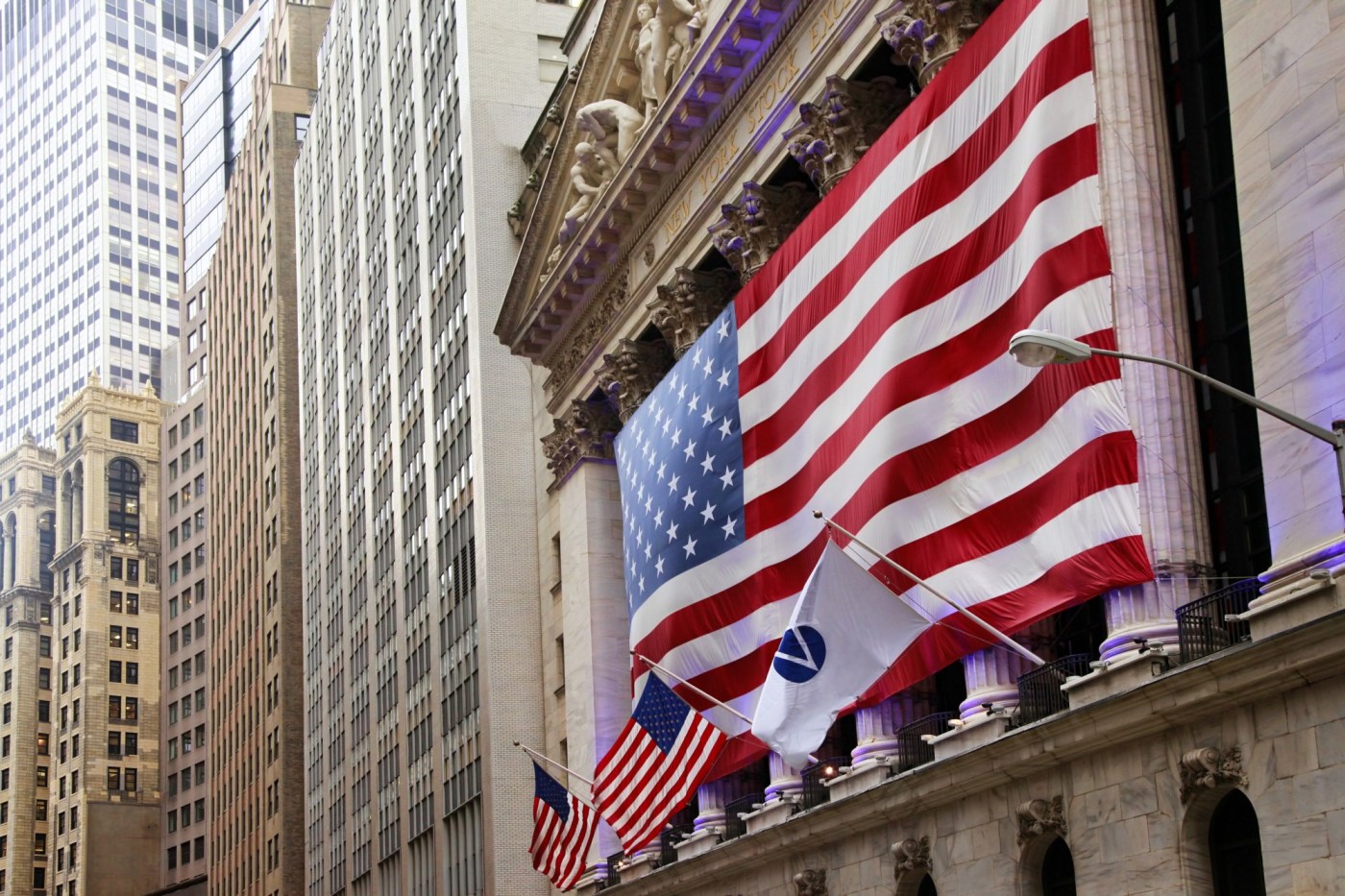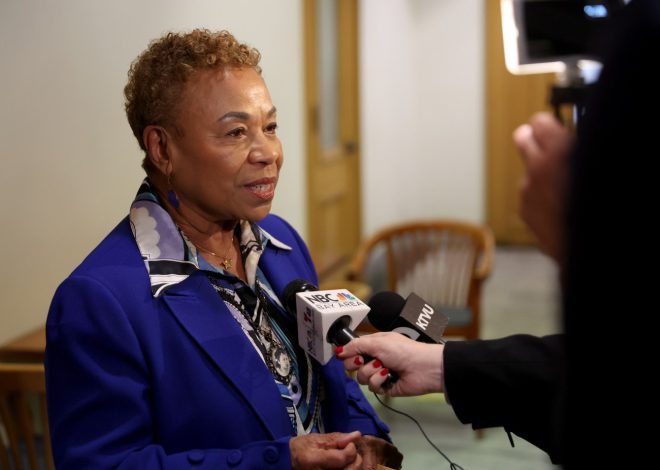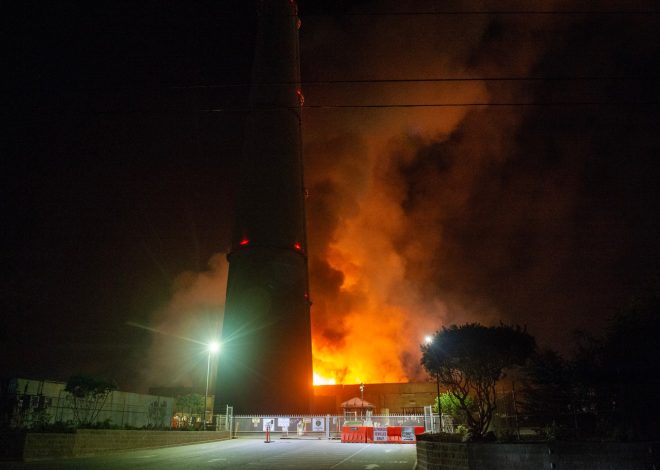
US economy should power through a contentious election cycle, top economist predicts
The presidential election remains a toss-up and so does the future control of Congress, which could swing to either party or remain divided.
But the direction of the U.S. economy looks a little more certain irrespective of who wins, predicted Mohamed El-Erian, president of Queens College at Cambridge University and a closely followed economist, during a speech Monday morning at the Mortgage Bankers Association annual convention in Denver.
“There’s a 70% chance that we soft land or do better,” El-Erian said, defining better as an economy that “gets bigger, but not hotter.”
A sharp rise in interest rates to combat inflation caused the U.S. mortgage industry in 2023 to suffer its worst year in 25 years, said Mike Fratantoni, chief economist with the MBA. Existing home sales have also slowed sharply, although from elevated levels.
But the larger economy has held up, defying numerous predictions of a recession, including some from El-Erian in 2022. The U.S. represents the “cleanest dirty shirt” in a global laundry basket of powerful but struggling economies like the U.K., the European Union and China, he said.
The U.S. economy has started to see rising productivity, an important measure of efficiency, after years of stagnation. Artificial intelligence technology should help accelerate that trend in the years ahead.
“We haven’t understood how powerful this technology was,” he said.
The U.S. economy has endured a “bumpy journey to a better destination,” he said, and it should eventually get there — provided major policy mistakes or troubles abroad don’t drag it down.
El-Erian said the risk of a recession, while moderated, hasn’t been eliminated and stands at around 30% for the U.S.
Lower-income households are under growing financial stress and they could pull back spending. Sluggish growth abroad could weigh on performance domestically.
A third trigger would be a policy mistake, either from the Federal Reserve as it combats inflation or by the next presidential administration.
El-Erian argued the Fed made a mistake in cutting the target on the federal funds rate that banks charge each other for overnight loans by 50 basis points last month, double the amount the markets had expected. Instead of bond and mortgage rates moving lower, the opposite happened after economic indicators came in stronger than expected.
Related Articles
Jobs report on eve of election will be among the most distorted in years
127,542 fewer Californians departed last year, biggest dip in US
San Jose apartment complex lands key loan that enables upgrades
How Trump tariff threats might plunge Mexico into recession and stoke immigration
San Jose to hire sports ‘czar’ to help oversee coordination of FIFA World Cup, Super Bowl LX
“Fed policy should become like watching paint dry,” he advised. Rate cuts should be a consistent 25 basis points until the federal funds rate, now at 4.75% to 5%, reaches 3.5%.
Both presidential candidates also risk policy mistakes based on their current platforms, he said.
Tariffs are a powerful tool that former President Donald Trump has emphasized as a way to boost federal revenues and reduce trade imbalances. But any tool, if overused, loses its effectiveness. Relying too heavily on tariffs could usher in a “world of stagflation,” he warned.
Vice President Kamala Harris’ economic tool of choice is industrial policy. While helpful to address a market failure, it is a poor substitute for the private sector and could also trigger stagflation, or a situation where prices are increasing but the economy isn’t growing, El-Erian said.
He expected that whoever wins will moderate their stance once in office.


